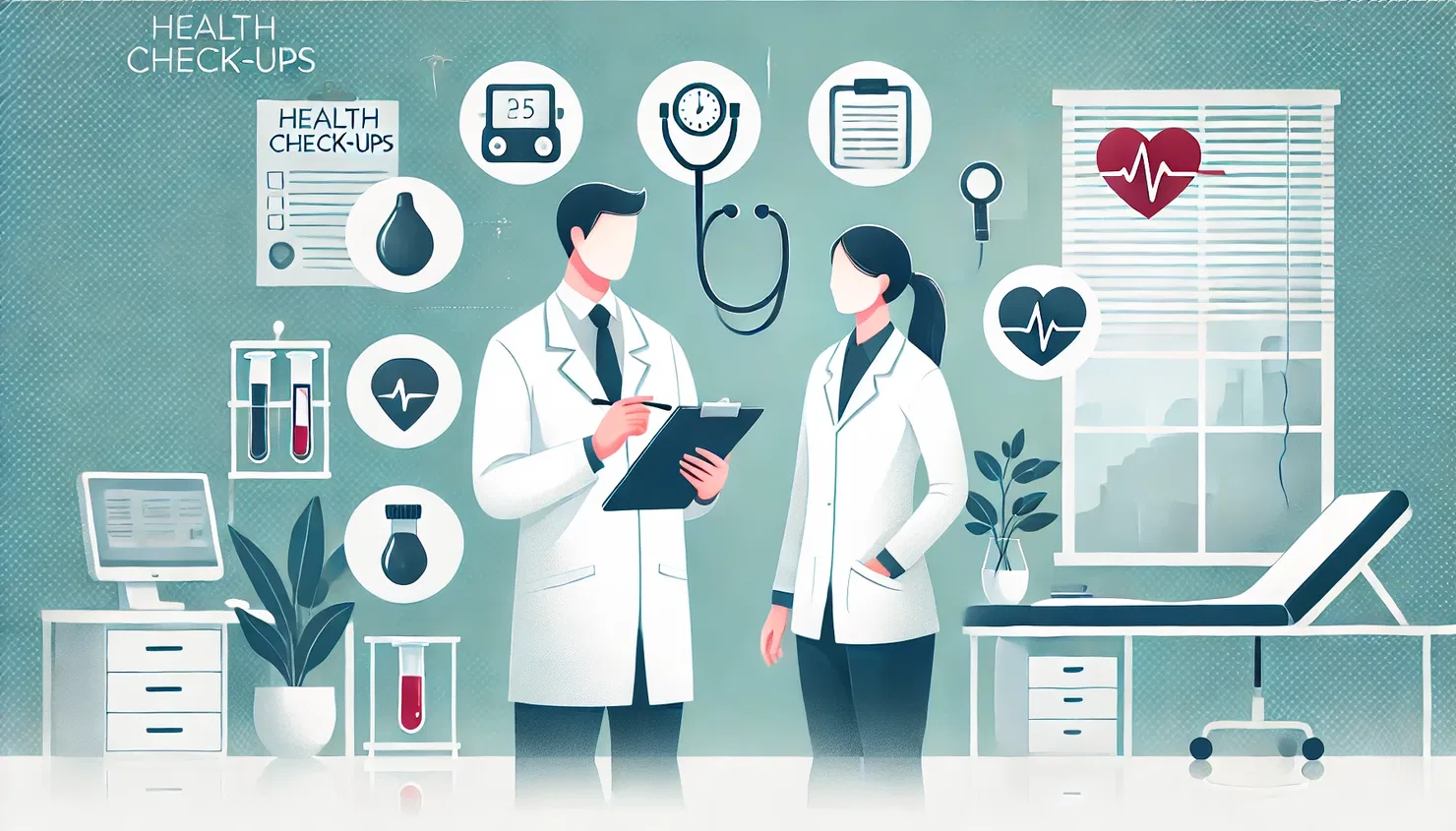Routine tests and screenings play a key role in your overall health. Early checkups can help catch diseases such as cancer, diabetes, and more allowing for more treatment options that may be easier. Early testing and screening can even detect illnesses early before symptoms are even present. There are many different tests that are recommended at various ages. A few examples of some recommended tests include a routine pelvic exam, mammography, pap smear, blood pressure checks, etc. Below is a description of recommended tests/screenings and what each one includes and how often it should be performed.
Mammogram: A mammogram is an X-ray which can help to find lumps in your breast. Women in their 40’s should get one every 1-2 years depending on family history and level of risk. A self-exam or doctors’ exam should also be done to check in case it was missed from a mammography.
Pelvic exam and pap smear: Both these tests are used to check for cervical cancer. Beginning around the age of 21 these tests should be performed every year.
Colonoscopy: One of the most accurate methods used to detect colorectal cancer. This should be performed beginning at the age of 50 and should be performed every 5-10 years depending on family history and the level of risk you are at. Other tests used to detect colorectal cancer include Fecal Occult Blood Test, Flexible sigmoidoscopy, and a barium enema.
Blood cholesterol test: Used to determine total cholesterol of good and bad levels circulating in blood. This is used to determine risk for heart disease along with fasting glucose tests, and blood pressure. These tests should be checked routinely beginning at the age of 30 depending on your BMI and other risk factors.
Bone Mineral Density test: Used to determine bone strength and risk for osteoporosis risk. Beginning around the age of 65 is when you should have this performed or earlier depending on previous fractures and family history.
Routine checkups with your healthcare provider are key. Every woman should be seen for a regular checkup to reduce the risk of developing breast cancer, cervical cancer, heart disease, etc. Women are at a higher risk for so many diseases then men are, and choosing to not get routine screenings you are only hurting yourself and preventing.
[su_divider top=”no” divider_color=”#f97575″ size=”1″]Ask for an advice from an expert. Insert your data, you will be contacted shortly!
[wpforms id=”14577″ title=”false” description=”false”]



